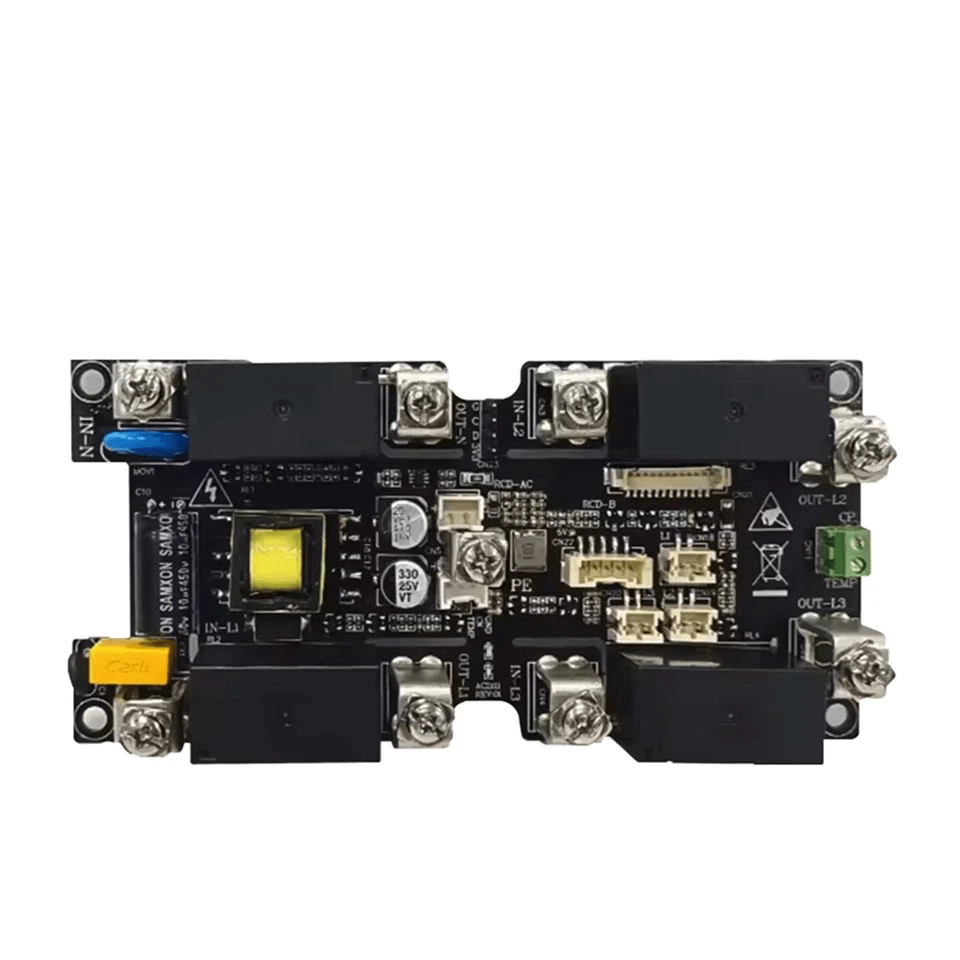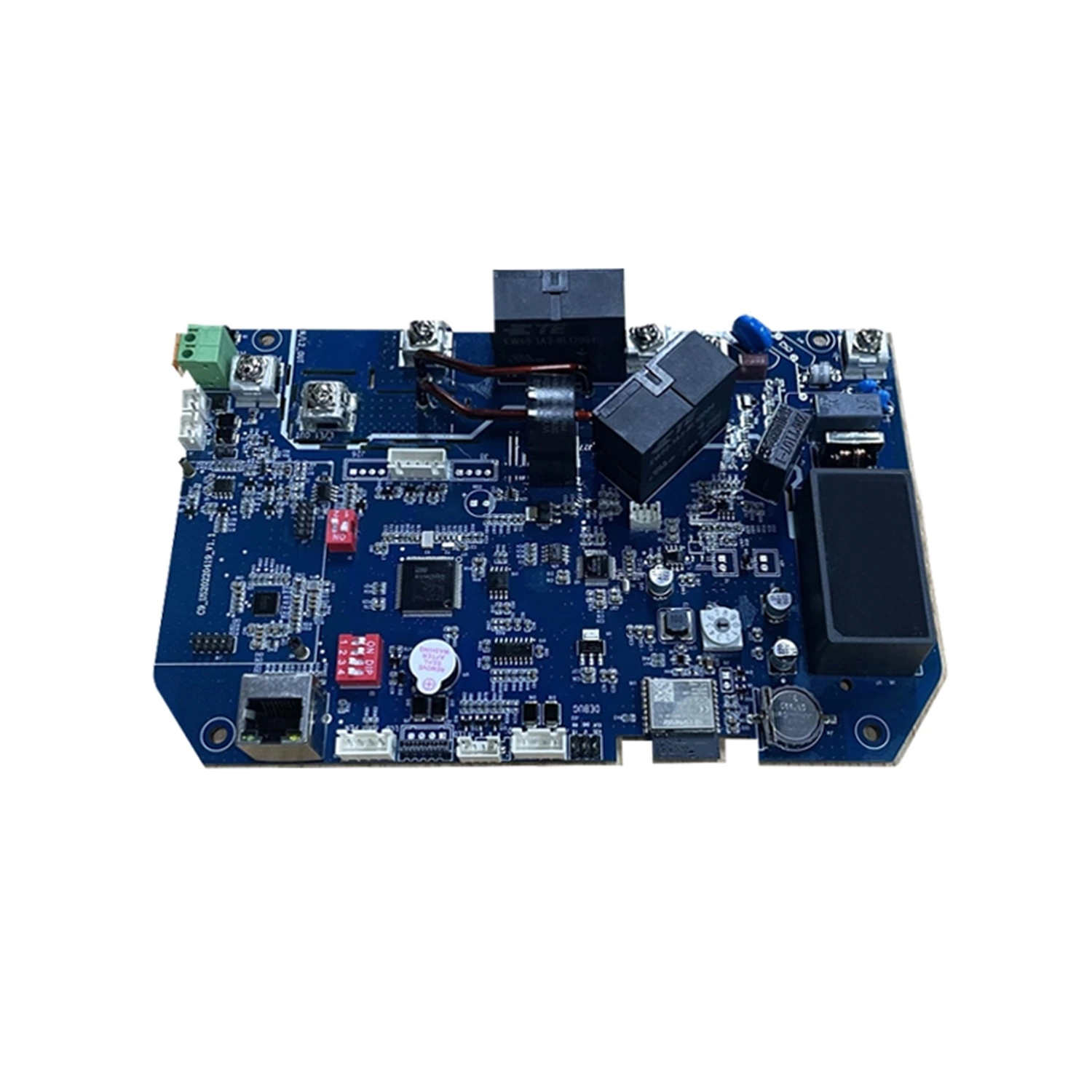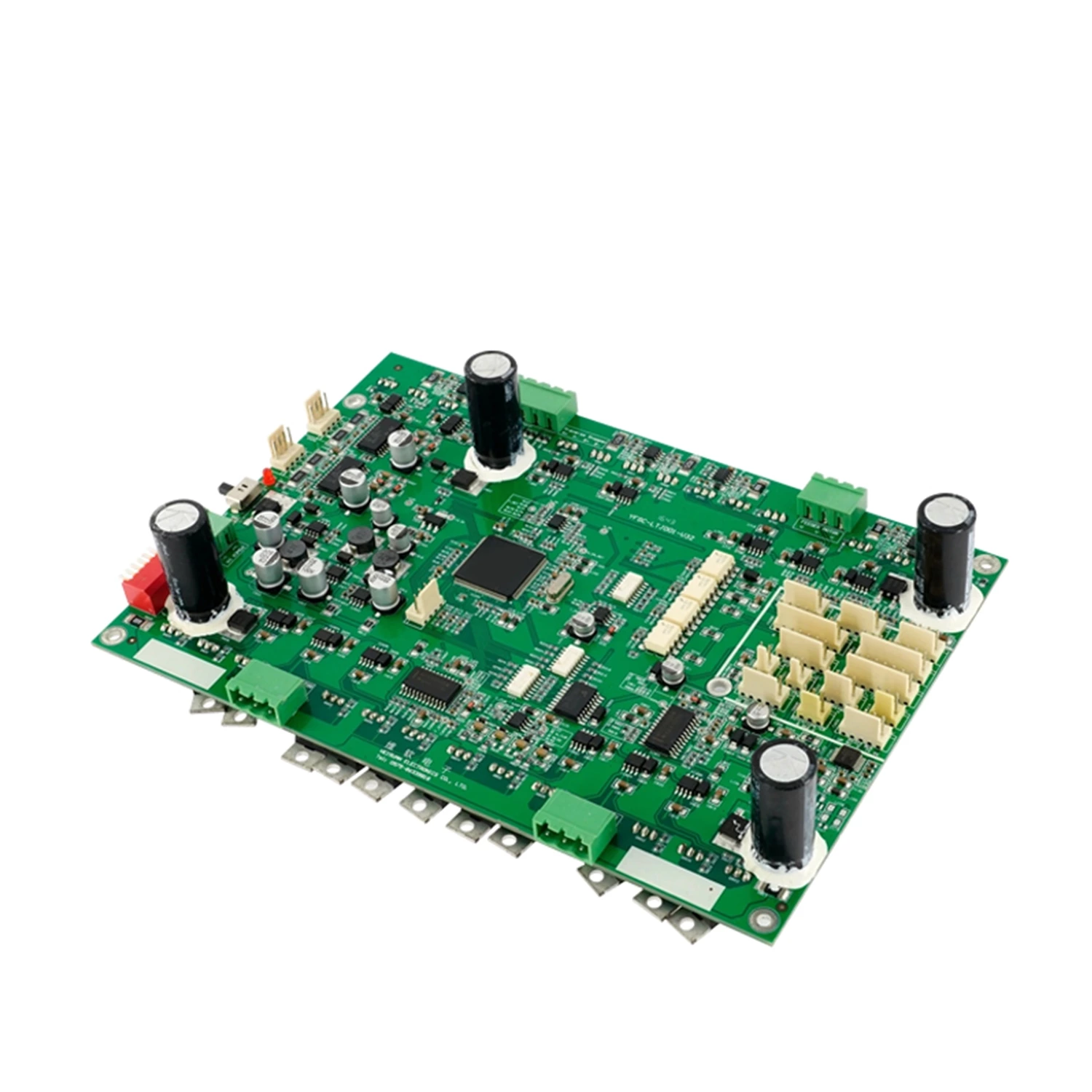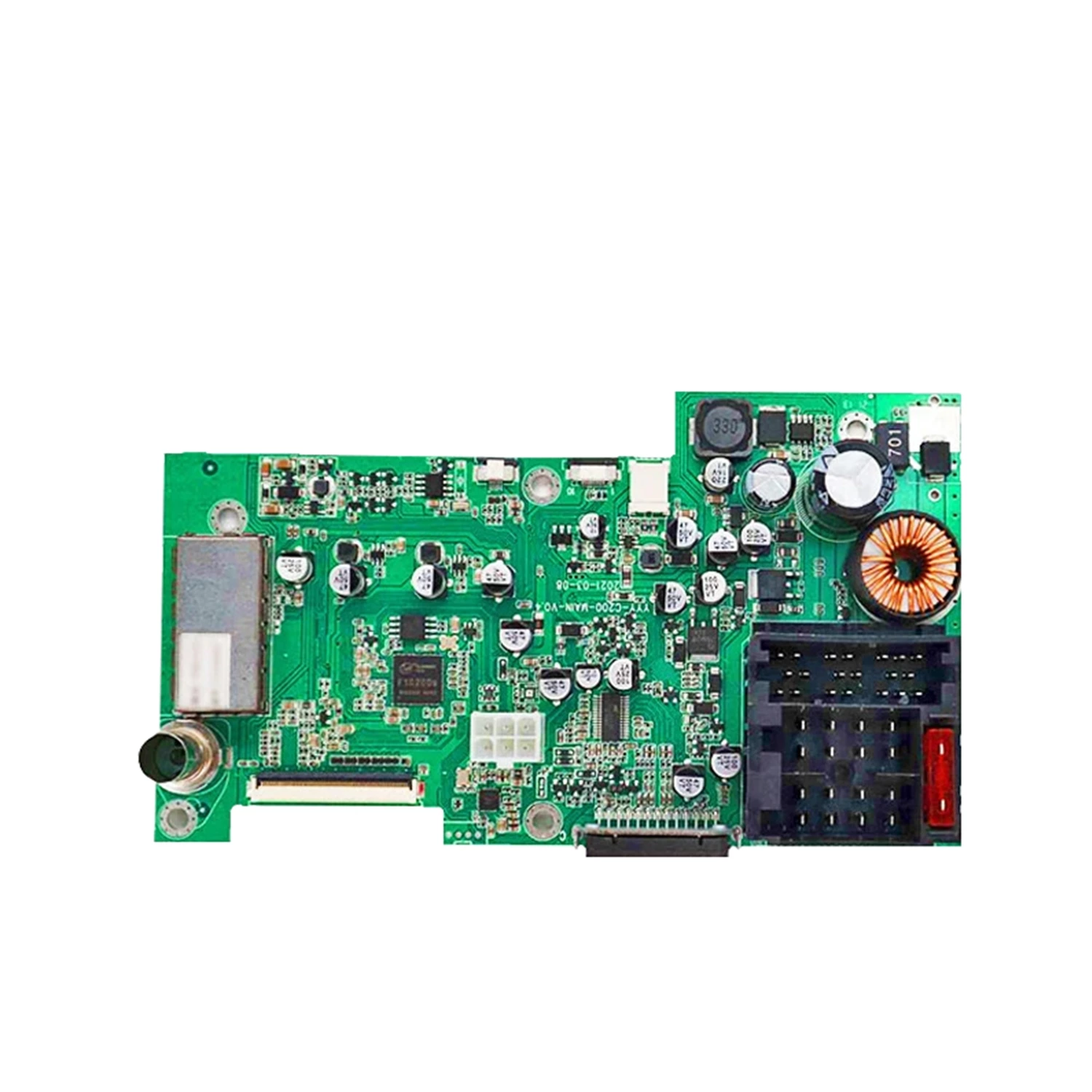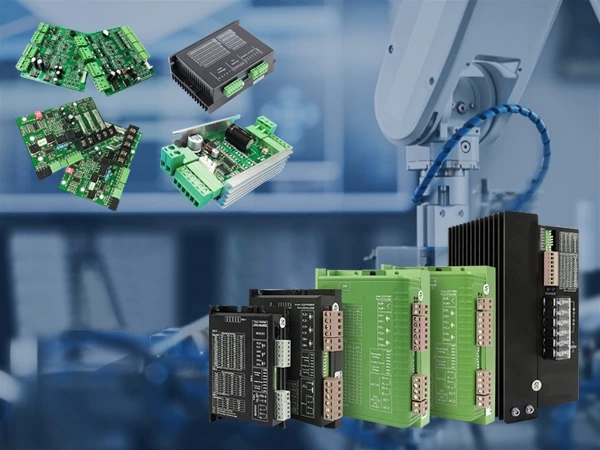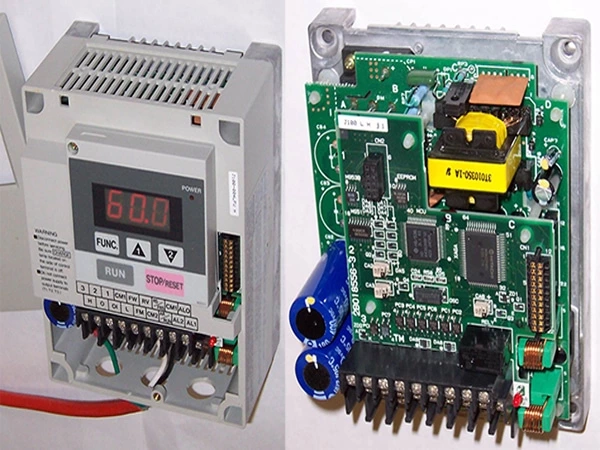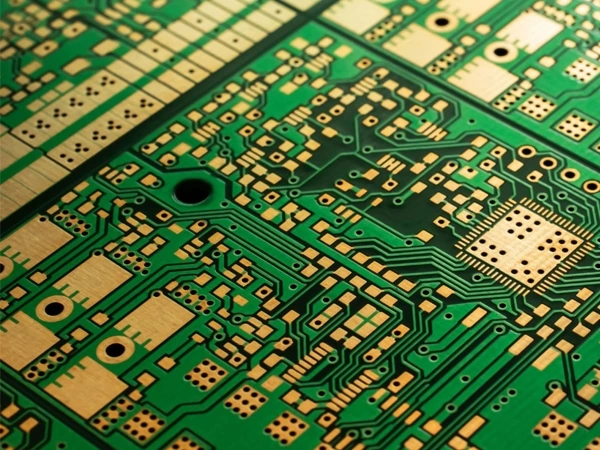Application of Thermal Management Design in High-Power PCBA
With the widespread application of high-power electronic devices in electric vehicles, medical equipment, high-power LED lighting, industrial control, and other fields, thermal management design for PCBAs has become a crucial factor in ensuring performance and reliability. Thermal management not only affects the operating efficiency of the devices but also directly determines their lifespan and safety. This article leverages TECOO's practical experience in thermal management to explore the application of thermal management in high-power PCBAs.
I. Challenges of Thermal Management in High-Power PCBAs
High Power Density
As devices become smaller and high-power demands increase, the heat generated by electronic components within limited spaces rises significantly, posing greater demands on heat dissipation.
Multiple Heat Sources
Different components on the PCBA, such as power transistors, MOSFETs, and diodes, easily create multiple heat sources, complicating overall heat distribution and uniform heat dissipation.
Environmental Temperature Impact
High-power devices often operate in harsh environments, requiring thermal management designs to accommodate environmental influences.
Material Limitations
The thermal conductivity of PCB substrates, such as the low thermal conductivity of FR-4 material, limits heat transfer efficiency, necessitating additional heat dissipation designs to compensate.
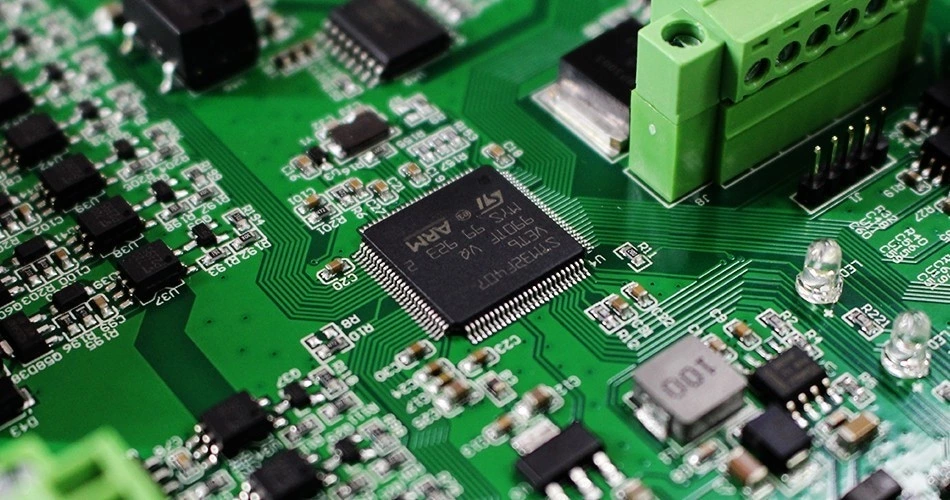
II. Main Strategies for Thermal Management in High-Power PCBAs
PCB Layout Optimization
During the design phase, optimize the distribution and arrangement of heat-generating components to separate high-heat components from heat-sensitive ones while ensuring the shortest heat transfer path.
Application of Thermal Conductive Materials
Metal Core PCB: Use aluminum-based or copper-based PCBs to enhance thermal conduction efficiency.
Thermal Filler Materials: Incorporate thermal silicone or thermal pads between heat sources and heatsinks to improve contact thermal conductivity.
Heat Dissipation Structure Design
Heatsinks and Cold Plates: Equip high-power devices with efficient heatsinks or directly solder cold plates.
Heat Pipes and Vapor Chambers: Heat pipe technology transfers heat through liquid evaporation and condensation, suitable for addressing localized high-heat issues.
Air-Cooled and Liquid-Cooled Technologies: In scenarios requiring efficient heat dissipation, air-cooled and liquid-cooled systems provide reliable active cooling support.
Enhanced Heat Dissipation through Optimized Soldering Processes
Soldering processes in high-power PCBAs, such as optimizing solder joint thickness and area, can effectively reduce thermal resistance. TECOO strictly controls soldering processes during production to ensure optimal thermal conduction efficiency.
Coatings and Encapsulation Designs
Using protective coatings and thermally conductive encapsulation materials can not only enhance heat dissipation but also improve resistance to environmental impacts.
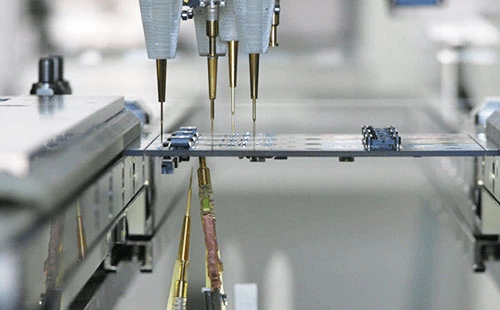
III. Testing and Validation in Thermal Management Design
Thermal Simulation Testing:Utilize professional thermal simulation software to simulate the temperature distribution of the device during actual operation.
Real-World Environment Testing:Verify the heat dissipation performance and reliability of the PCBA under high temperature, high humidity, and high load conditions.
Thermal Shock Testing:Simulate rapid temperature change scenarios to test the device's thermal stability.
The thermal management design of high-power PCBAs is a core aspect of ensuring device performance, reliability, and lifespan. Through scientific layout optimization, advanced thermal conductive materials, reasonable heat dissipation structure designs, and rigorous testing and validation, thermal management challenges can be effectively addressed. TECOO is committed to providing customers with efficient and reliable solutions in thermal management design, contributing to technological advancements across various industries.
